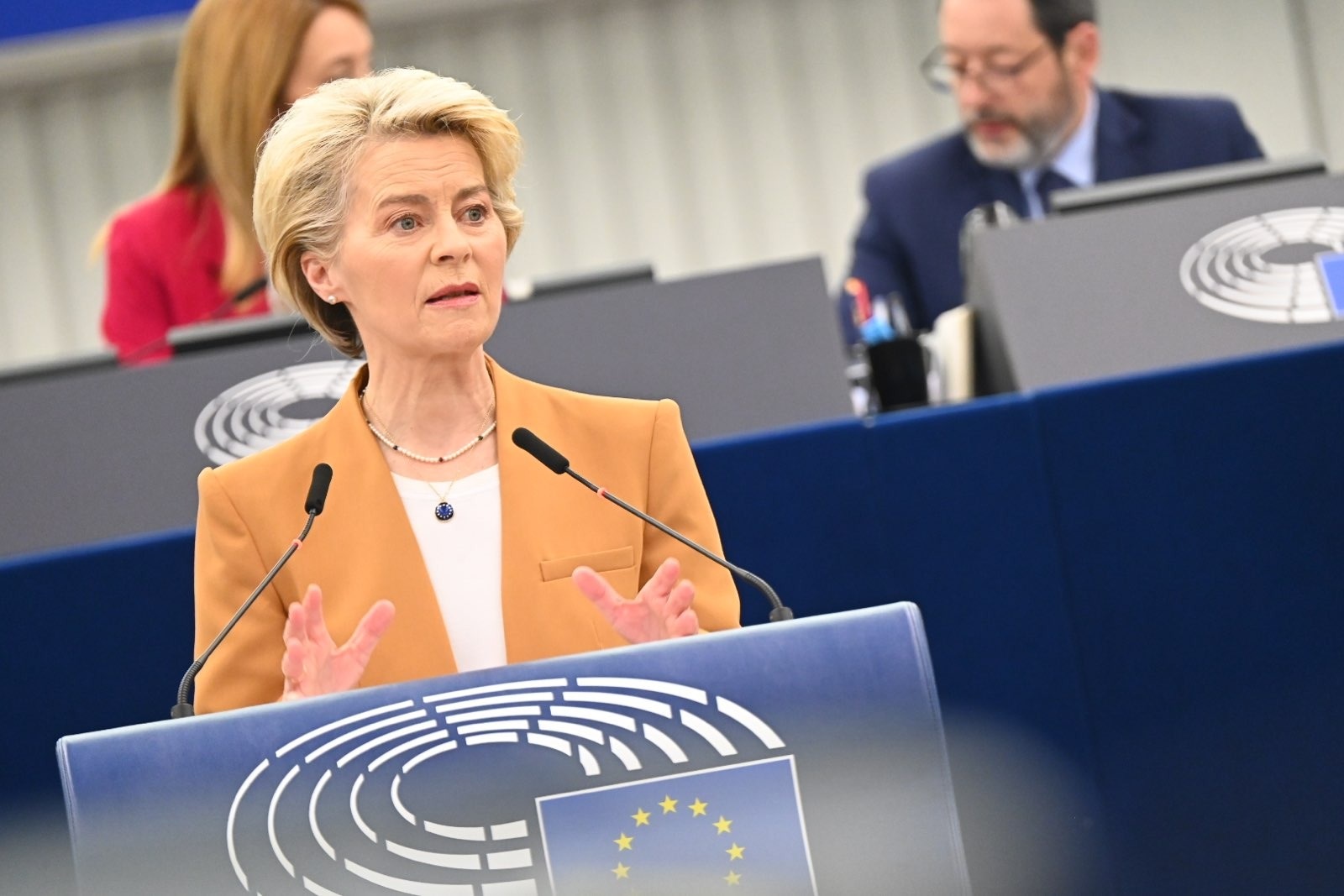Objectives and criticalities of the Net-Zero Industry Act made in the EU

The Net-Zero Industry Act is intended to be the European Union's response to Biden's wrath and to China, which dominates the manufacturing of almost all clean energy devices. This is what the Commission document provides, which is unambiguous on nuclear power
The ecological transition is an industrial revolution, and we are doing it with subsidies.
Yesterday the European Commission presented the Net-Zero Industry Act, the bill to stimulate the internal manufacturing of "clean technologies", i.e. all those devices necessary for decarbonisation: photovoltaic panels, wind turbines, batteries, hydrogen electrolysers green and heat pumps, for example.
After the presentation, the law will have to be debated by the member countries and the European Parliament.
ANSWER US, DEPART FROM CHINA
The Net-Zero Industry Act is the European response to the Inflation Reduction Act, the law approved by the United States last August to encourage local and regional production of clean tech : it is worth 369 billion dollars, and has prompted several companies to reorient investments in North America to access tax credits and various aids. The most recent case is that of Volkswagen, which will open a battery plant in Canada to supply a new electric vehicle plant in South Carolina .
But the Net-Zero Industry Act also aims to reduce European dependence on China, which dominates the industrial chains of the ecological transition. Beijing alone is responsible for 85 percent of the world's production of photovoltaic cells, for example, 84 percent of offshore wind turbine blades, 74 percent of batteries and about 40 percent of electrolysers and heat pumps . Not counting intermediate components and raw materials such as lithium or rare earths.
DOMESTIC PRODUCTION AT 40% BY 2030
The Net-Zero Industry Act is part of a larger "green" industrial plan, the Green Deal Industrial Plan , and sets a minimum domestic production target of 40 percent for all clean technologies by 2030.
THE WORDS OF TIMMERMANS AND DOMBROVSKIS
Frans Timmermans, vice-president of the European Commission and responsible for the Green Deal, explained to journalists that "if we want to achieve climate neutrality [the net zero of emissions, ed ] as foreseen in 2050, and if we want to take advantage of all the opportunities this industrial revolution is offering us and averting the challenges… we will need a massive increase in the production of clean technologies”.
“The bottom line is that we want to be leaders in the green industries of the future,” said Valdis Dombrovskis, Commission Vice-President and Trade Commissioner.
STRATEGIC TECHNOLOGIES
To allow the achievement of the manufacturing target , the Commission will ask the member states of the Union to facilitate strategic projects through greater financial support and a simplification of the authorization procedures.
Technologies classified as strategic include solar photovoltaics, onshore (on land) and offshore (sea) wind, batteries and energy storage systems, geothermal, electrolysers and fuel cells, biomethane, machinery sequestration, heat pumps and grid technologies.
THE NUCLEAR ISSUE IN THE NET-ZERO INDUSTRY ACT
On nuclear energy, however – a source useful for the ecological transition because it produces electricity with zero emissions and continuously, unlike wind and solar which are intermittent and require storage devices – the Net-Zero Industry Act is "ambiguous".
As POLITICO points out, nuclear energy is not included among the "strategic technologies for net zero" that will be able to benefit from accelerated permitting and subsidized financing. But in another passage of the text, when the formal definition of net-zero technologies is provided, it includes "advanced technologies to produce energy from nuclear processes with minimal waste from the fuel cycle" and "small modular reactors", more quick to build and cheaper – but less powerful, given their small size – than the traditional ones.
– Read also: Here are the mini nuclear power plants that Ansaldo and Edison are ready to build in Italy
The unreserved inclusion of nuclear energy among the energy sources consistent with the ecological transition is the subject of conflict within the European Union. Facing each other are mainly France , in favor (it generates 70 percent of its electricity from nuclear power, and wants to become a major producer of purple hydrogen ), and Germany, against it for ideological reasons (it will soon close its last three remaining reactors) .
This is a machine translation from Italian language of a post published on Start Magazine at the URL https://www.startmag.it/energia/net-zero-industry-act/ on Fri, 17 Mar 2023 10:09:43 +0000.
